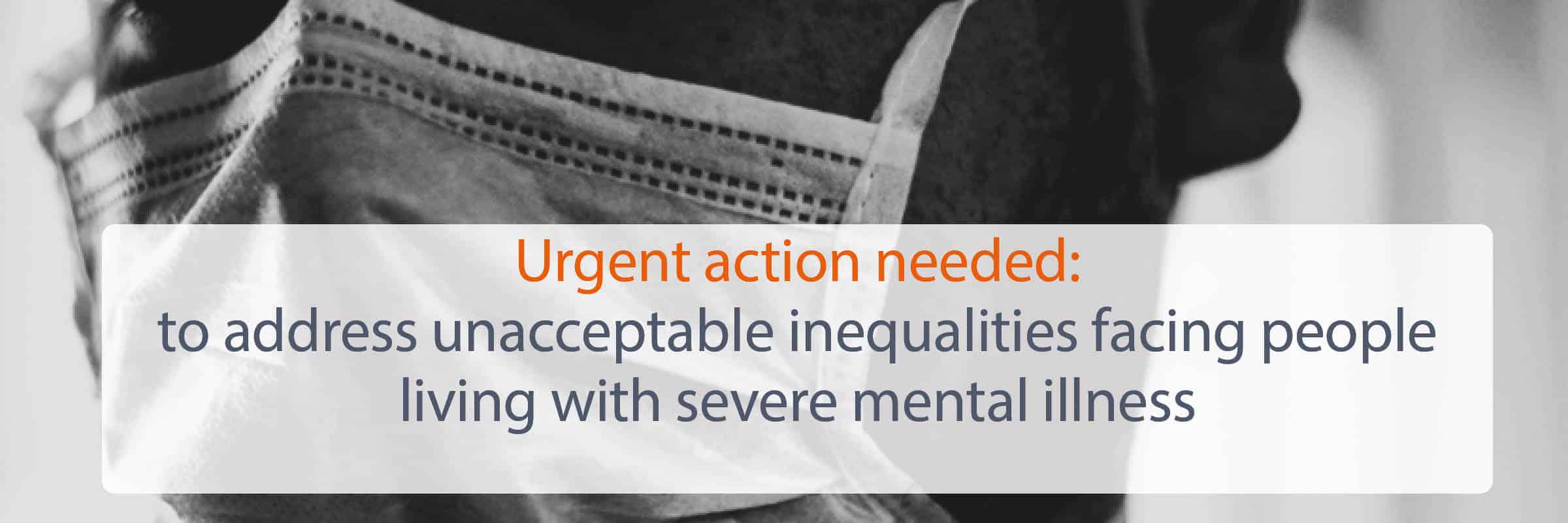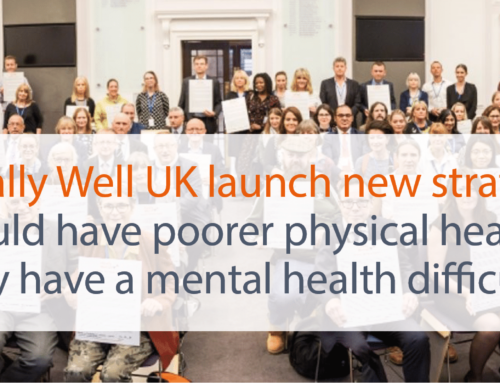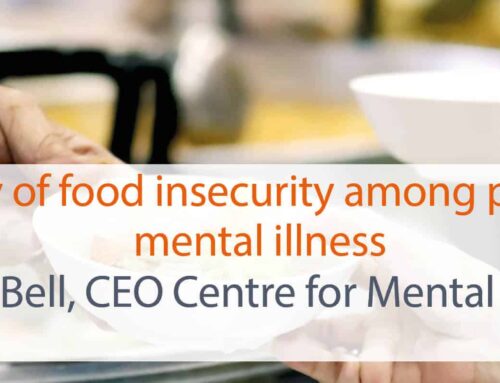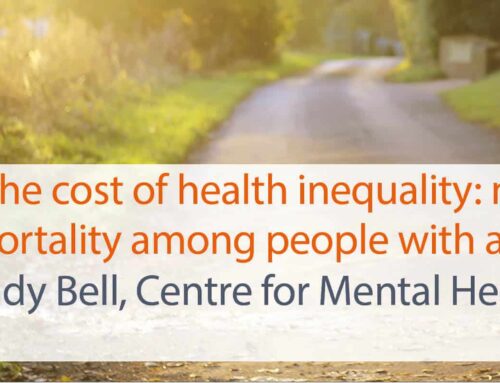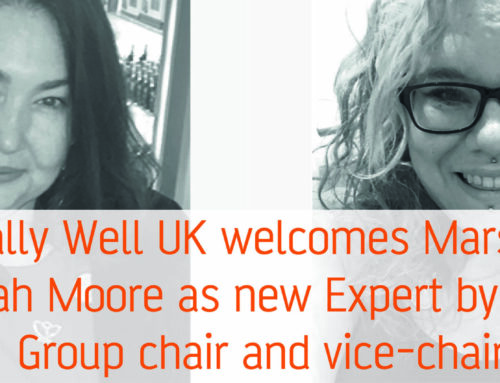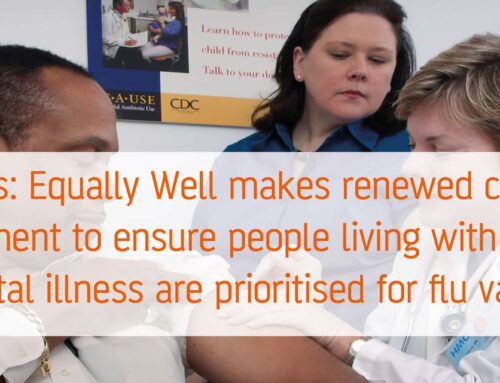The shocking inequalities experienced by people living with severe mental illness must drive urgent action for change, Centre for Mental Health and Equally Well UK said today.
New data from the Office for Health Improvement and Disparities (OHID) today shows that people with a severe mental illness in England were five times more likely to die prematurely during the pandemic. Some 42,815 people with a mental illness died before the age of 75 during the first year of the pandemic. That’s nearly 8,000 more than the average from previous years of 35,025.
The report found that Black and Asian adults with severe mental illness experienced the largest increase in premature mortality during the pandemic. And the greatest increase in premature mortality was among people living in deprived areas.
Responding on behalf of Centre for Mental Health and the Equally Well UK campaign, chief executive Andy Bell said: “Today’s new data lays bare the unacceptable physical health inequalities faced by people living with a severe mental illness. We already know that people living with a severe mental illness have a life expectancy 15-20 years shorter than the rest of the population. This data provides yet more evidence of this deep injustice, as well as its undeniable links to poverty and racism.
“The Government must act now. Its planned Major Conditions Strategy could set a target to close the life expectancy gap within a decade, and put in place the necessary actions to protect the health of people living with a mental illness.
“The NHS has taken some important steps to address this injustice since the 2019 Long Term Plan, including offering smoking cessation services to people in hospitals and ensuring that more people with a severe mental illness are getting a full annual health check. But we cannot stop there. We need concerted action to ensure people with a mental illness have fair access to vaccination programmes, cancer screening, stop smoking services in the community, dentistry, money advice and opportunities for physical activity.
“Today’s report confronts us with the fact that our chances of good mental and physical health are far from equal. We can no longer ignore the needs of people already facing an immense health burden. Through campaigns such as Equally Well UK, we are working to ensure people with a severe mental illness can have better physical health. Now we call on the Government to play their part in putting this injustice right.”

